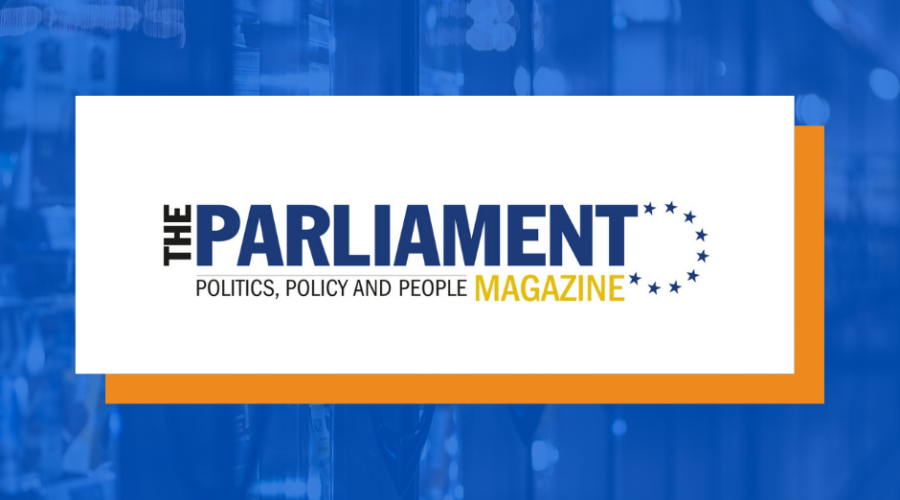EU Chemical Policy Could Undermine Semiconductor Manufacturing Efforts
A new report published by the Consumer Choice Center highlights how heavy handed chemical policy could undermine Europe’s efforts for semiconductor manufacturing.
The Consumer Choice Center’s David Clement, co-author of the report explained, “In February the EU announced the European Chips Act, with the goal of increasing supply chain resilience and boosting domestic production from 9% to 20% by 2030. Unfortunately, if the EU gives in to efforts calling for a ban, or phase out of PFAS, the goals of the Chips Act will be impossible to achieve.”
“PFAS, a grouping of 4000+ man-made chemicals, are vital for the production of semiconductors. If the EU seeks to ban their use then increasing domestic chip manufacturing will be incredibly difficult. Europe will ultimately end up failing to meet it’s chip production goals, or it will become almost entirely dependent on China for these chemicals. Both of these scenarios are problematic. If the EU is serious about increasing domestic chip production they have to also work to secure the key inputs involved in the production process, and PFAS are one of those key inputs.” said Clement
“In fact, we know that this is what will happen if the EU opts for a phase out. This is exactly what happened when Belgium paused production at a PFAS chemical plant in response to the tightening of environmental regulations. Reporting done by Business Korea highlighted that semiconductor producers have only 30 to 90 days of coolant inventory left before they will encounter serious production problems.” said Clement
“A clean drinking water approach to PFAS is entirely appropriate, but getting there cannot, and should not, result in outright production bans. If the EU can narrow its sights on proper production processes to avoid water contamination, they can protect European citizens without the chaos of an exacerbated semiconductor shortage,” said Clement.
Originally published here











